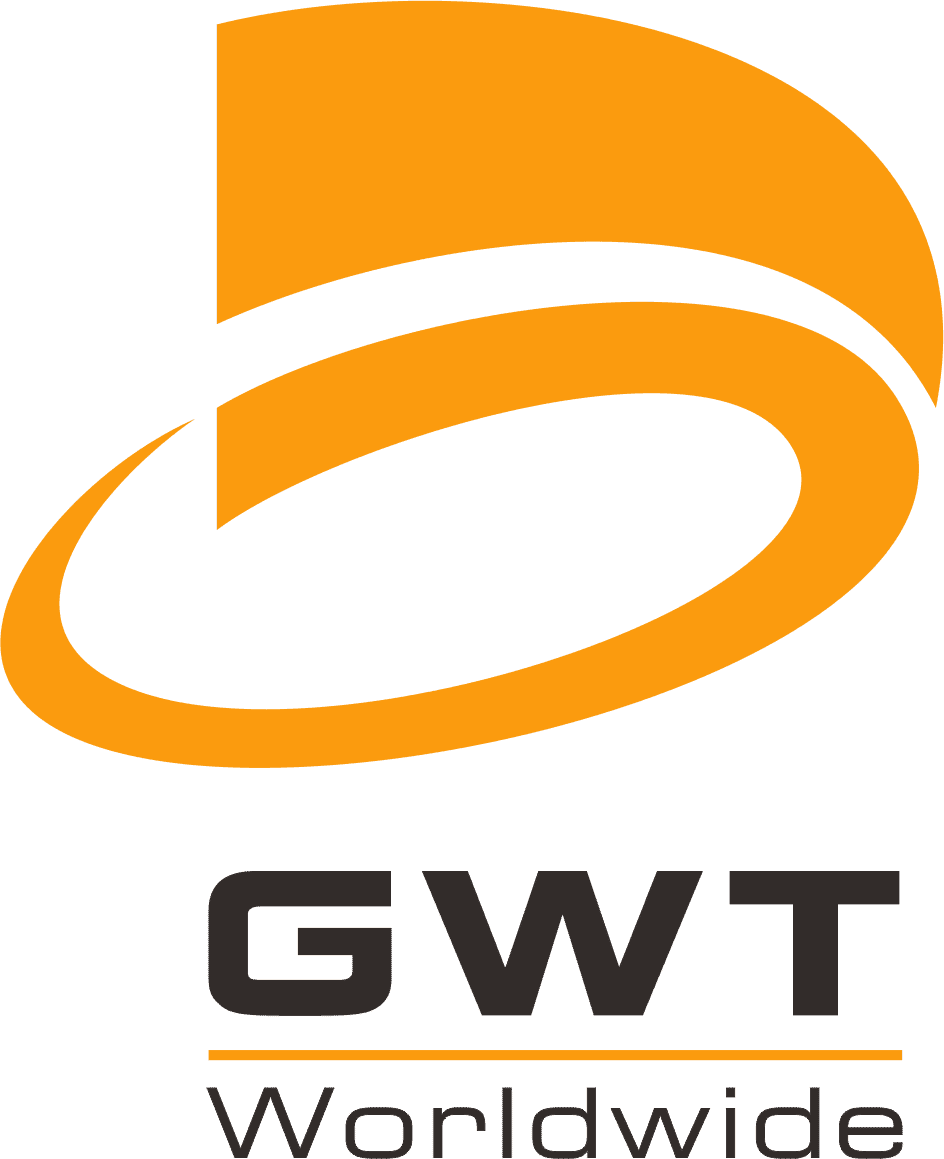International trade between buyers and sellers relies heavily on pricing terms for their ability to establish the operational framework. The Ex Works (EXW) Incoterm finds wide usage in the international space for defining specific contractual responsibilities. An Ex Works price consists of the product’s selling cost at the supplier location and eliminates nearly all following duties including shipment, insurance and tax obligations from the seller to the buyer, thereby clarifying the buyer’s responsibility in the transaction . The article examines Ex Works pricing in detail by understanding its operational structure alongside strategic business applications across international trade using 1500 words of thorough information.
What Ex Works Price Means in International Trade
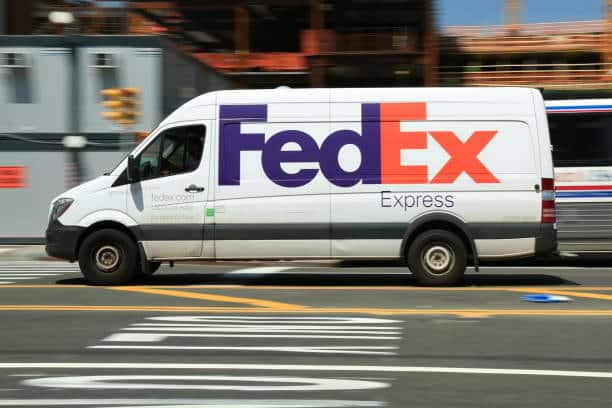
To the International Chamber of Commerce (ICC) the Ex Works abbreviation EXW represents one of eleven Incoterms with which they established. The seller completes their duties when presenting goods at their specified place of destination which might be a factory building or warehouse or office facility. The Ex Works price represents the current investment of seller-manufactured goods without including any costs exceeding the points where seller ownership ends, meaning that the buyer assumes all subsequent cost . This trade method ensures clarity about which phase responsibility lies with the seller versus the buyer within the supply chain operations.
How Ex Works Price Stands Apart from Other Incoterms
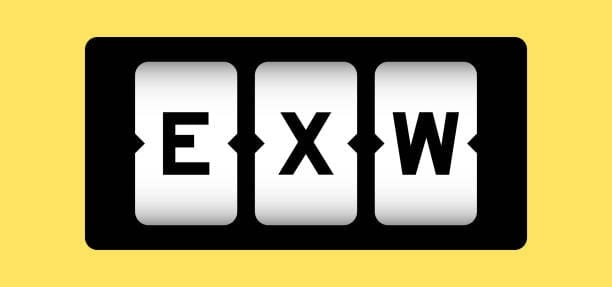
The Ex Works Incoterm functions distinctively compared to FOB (Free on Board), CIF (Cost, Insurance, and Freight) and DDP (Delivered Duty Paid). EXW stands apart from FOB and CIF since it places the lowest obligations on the seller who must only make available goods at their premises. As the sole risk bearer for the goods, the buyer bears full financial responsibility starting with the time of product availability, thus making EXW offer the least involvement for sellers and maximum control to buyers.
Breaking Down the Components of an Ex Works Price

An Ex Works price includes manufacturing expenses and purchase expenses and foundational shipping materials combined with workplace handling expenses before handover occurs. The price distributed through the Ex Works system excludes transportation expenses and export documents and insurance fees as well as customs duties. The EXW price provides the basis for buyer assessments because buyers must define their expenses at the time of purchase according to these boundaries.
Seller’s Obligations Under Ex Works Terms
ETXW imposes precise yet restricted obligations regarding the seller’s responsibilities. By EXW standards the seller needs to prepare goods and package collection items correctly while providing details concerning item availability including exact locations and times. Sellers need not handle the goods-loading onto transportation or perform export procedures but may provide addition assistance upon independent agreement between parties. Sellers gain clarity due to this system so they can devote their time to production activities instead of logistics tasks.
Buyer’s Role and Responsibilities in Ex Works Deals

After the goods become ready for pick-up from the seller’s premises the buyer immediately assumes their contractual duties. Export and import licenses along with transportation arrangement by truck, ship or plane and insurance purchase combined with customs clearance represent essential buyer duties. The buyer must plan and coordinate extensively to protect themselves against losses and damages starting from the time of pickup as they accept full responsibility at this point.
Benefits of Ex Works Price for Sellers
The Ex Works arrangement creates numerous attractive opportunities for sellers to benefit from. The EX Works pricing model lets them avoid business complexities in transportation arrangements and customs protocol and insurance documents so sellers can dedicate themselves to essential company operations. The EXW price delivers transparent business value to both buyers and sellers because it contains only the expenses controlled by the seller making budgeting and pricing strategies more efficient. Small businesses along with exporters will find particular value in Ex Works since it allows them to decrease their logistical expenses shipping company.
Challenges and Risks for Buyers Using Ex Works
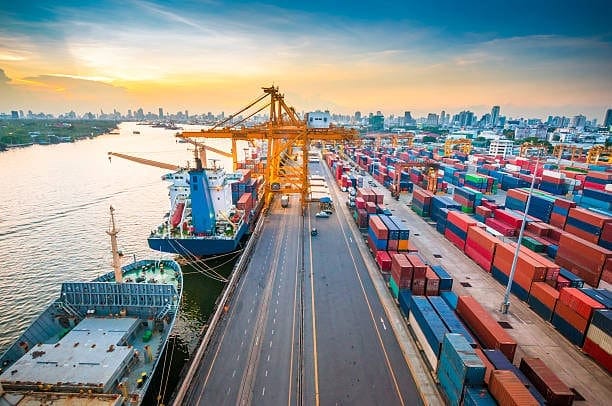
EX Works terms make selling operations less complicated but these terms present difficulties for purchasing entities. Companies responsible for complete logistics management must oversee collection at local premises which progresses to international shipping against arbitrary regulatory environments. Buyers lacking experience with the seller’s jurisdiction along with weak supply chain connections face challenges and encounter unexpected costs and failing to meet regulatory requirements when using the Ex Works contract export customs clearance. Risk transfer at the seller’s premises puts the buyer in greater danger of suffering financial losses.
Real-World Applications of Ex Works Pricing
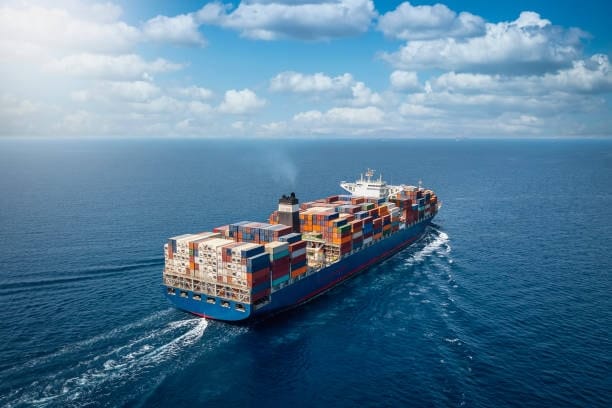
The Ex Works condition finds its most common application in deals involving buyers who possess strong logistics management abilities. The electronics retail corporation chooses EXW for its shipping contracts and delivery time management at supplier facilities. Ex Works finds extensive usage within domestic markets and automotive part sectors mainly because it fits buyers who want to manage shipping directly free carrier. The trading community relies heavily on this term because of its ability to work in all types of regional and international trade deals.
Estimating Total Costs Beyond the Ex Works Price

The total cost estimation for Ex Works transactions needs buyers to examine prices independently from initial figures. The purchase cost grows with the expenses of local inland transportation from sales point to seaport or boundary line and worldwide shipping fees by air or sea or land and business insurance premiums and export-import taxes together with local taxation payments seller’s factory. The calculations need to include both storage fees for delayed pickups and adjustments for currency market changes. The complete cost evaluation protects profitability by detecting potential financial risks for buyers.
Negotiating Ex Works Price in Trade Contracts

Successful negotiation for Ex Works delivery requires both accurate decision-making and future prediction. The contract requires distinct specifications about the pickup destination through mentioned address, it requires a description of goods condition upon exchange and specification of optional support services from sellers final destination. The goods’ delivery schedule needs to match the buyers’ planned transportation arrangements so that there is no delay. Sellers must provide timely information to avoid operational challenges. The precise description eliminates unclear points that enable successful task completion buyer’s designated method.
Conclusion
Ex Works price functions as the essential pricing model in international trade that establishes clear and defined responsibility zones. Through the ex works agreement and EXW pricing, sellers must declare only the delivery position to buyers who thereafter adopt full responsibility for logistics functions and regulatory compliance as well as risk management. A comprehensive understanding of EXW’s elements and assets and its foreseeable risks enables businesses to use the contract for maximizing their import-export methods transportation costs. The Ex Works contract system provides substantial operational power when users possess the capabilities needed to execute its requirements both domestically and abroad.
